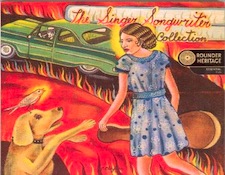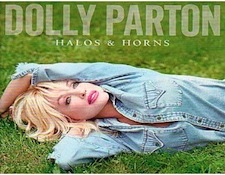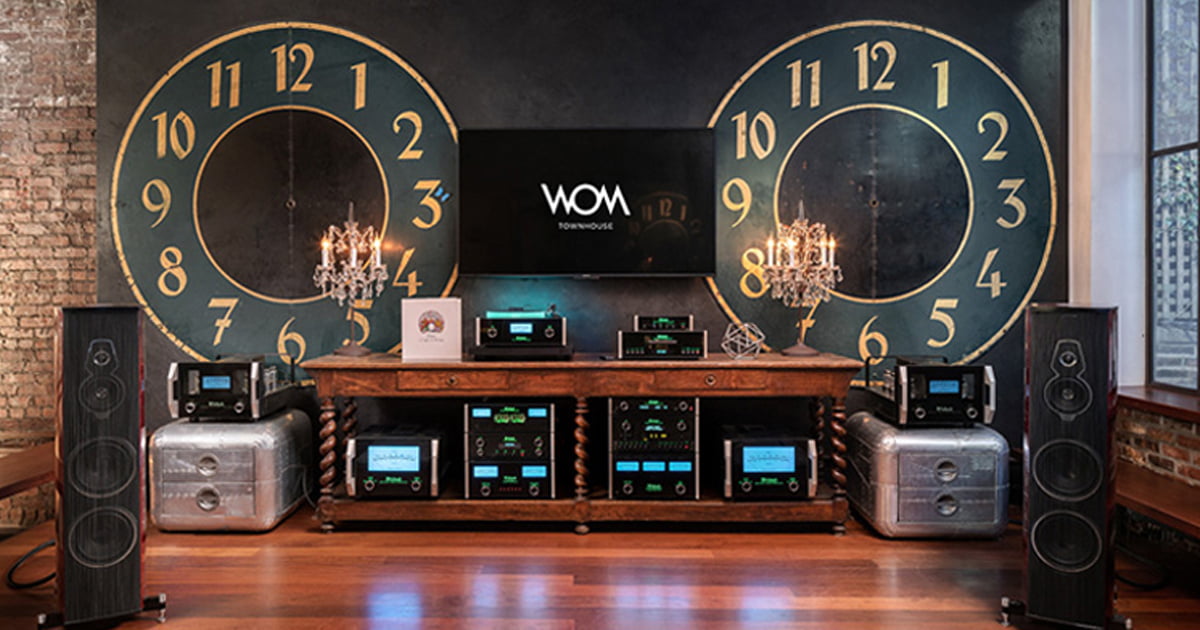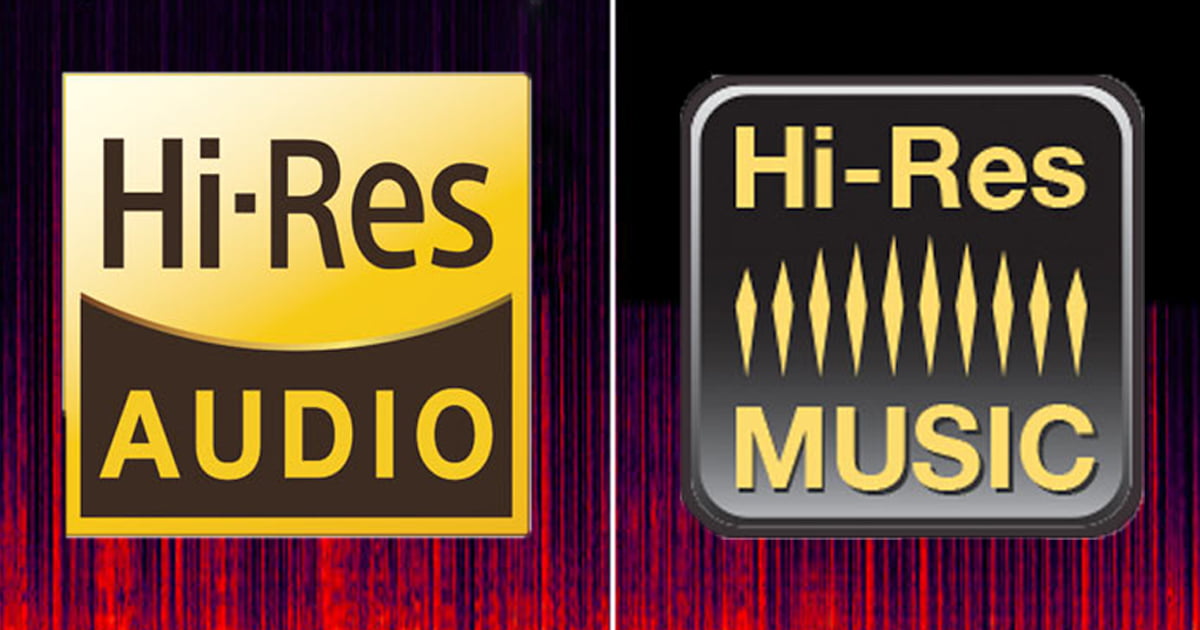It’s the time of year for saving money!

Rounder’s Heritage series specializes in new anthologies of
previously released work – the musical equivalent of old wine in new bottles.
Two of their offerings from 2002 have remained in my playlists long after their
release dates, to the point where they have become old friends, so I thought
I’d introduce you to them.
Norman Blake’s Old Ties
features selections that span from 1971 to 1990. Musical collaborators include
his wife Nancy (at one time ex-wife, but they’ve re-married; apparently the
divorce “didn’t work out”), dobro pioneer Tut Taylor, guitar virtuoso Tony
Rice, Fiddler James Bryan, and a few others. Most of the songs feature small
ensembles of two or three players rather than full bands. Norman Blake’s
renditions of songs tend to be introspective miniatures rather than big-scale
productions. He likes to simplify songs down to their bare essences, which
accounts for why most his performances are such classic and elemental versions.
One listen to his treatment of “Ginsing Sullivan” or “Gonna Lay Down My Old
Guitar” shows how once he covers a tune it becomes his own.
Nineteen songs drawn from twelve different albums supply a
broad cross-section of work from throughout Blake’s career. Even from the
beginning Norman Blake had a unique style. Except for differences in sonic
fidelity between his earliest and latest selections it is next to impossible to
tell from the performance themselves when they were done. Even thirty years ago
Norman Blake’s style was mature and fully developed. If you have never
experienced the mastery of Norman Blake, Old
Ties is a fine introduction to an artist whose work is both unique and
timeless.

The Singer Songwriter Collection – Anthology
Looking to rapidly expand your musical horizons? The Singer Songwriter Collection is a
great way to meet seventeen singular artists, each with their own special
voice. Looking through the list of performers on The Singer Songwriter Collection I’m immediately struck by both
their diversity and musical excellence. Cheryl Wheeler, Ellis Paul, Mary
McCaslin, Bill Morrissey, Christine Lavin, Carrie Newcomer, Utah Phillips,
Tanya Savory, Patty Larkin, Vance Gilbert, Ray Wylie Hubbard, Nanci Griffith,
Jim Ringer, Kimberly McCarver, Bill Stains, Lynn Miles, and David Olney
represent an astoundingly varied swath of musical styles, artistic
temperaments, and topical concerns. You’ll find everything from a tune about
man’s (and woman’s) best friend to one about mankind’s most evil creation, both
done with wit, style, and a plethora of catchy hooks and bridges. Despite a
widely divergent field of artistic sensibilities, compiler Steve Netsky manages
to make this whole disc flow smoothly from one song to the next just like a
master disk jockey from the golden days of free-form radio. Also Netsky
accomplishes the nearly impossible task of capturing the essence of each
performer’s special qualities with one representative selection. Talk about
having to herd cats…
Even if you are familiar with half the artists on The Singer Songwriter Collection it may
be worth acquiring just so you can meet the others. I can almost guarantee you
that you’ll discover some new musical friends in the process.

Dolly Parton – Halos and Horns
Ralph Stanley, the voice behind the Klu Klux Klanner singing
“Oh Death” on the “Oh Brother Where Art Thou” soundtrack, calls his music
Mountain Music rather than Bluegrass or Country. This moniker also aptly
describes the material on Dolly Parton’s new album. Her third release on Sugar
Hill, Halos and Horns differs from
her last two because it is self-produced. Instead of being populated by A-list
session players, it features the musicians Dolly regularly tours with. Their
musicianship, while still first-rate, is perhaps a bit more sensitive to the
mood of the songs than one-shot hired guns. Overall the album has more of an
old-time country string band feel and less of a revved up high-octane bluegrass
edge.
Twelve of the fourteen tunes on the album are Parton originals.
The two covers are odd bedfellows. David Gates’ “If” originally recorded by
Bread, shares space with Robert Plant and Jimmy Page’s epic “Stairway to
Heaven.” Dolly makes both these selections seem as if they were written
especially for her. Her version of “Stairway to Heaven” will drive the original
out of your brain after one listening. Her voice soars in a way Robert Plant’s
never could. Her own songs cover an equally wide array of moods and musical
idioms. The title cut “Halos and Horns” nails that honky tonk old time ’50’s country
mood, while “Shattered Image” boogies, driven by a bluesy dobro obbligato. On
the most “cinematic” song on the album (and that’s saying something) “These Old
Bones” she uses two different voices to represent the principal characters in
the story. Her old crone voice is most effective. My favorite album selection,
“Dagger Through the Heart” features some great double-stop mandolin work by
Brent Truitt.
With the assistance of Steven Buckingham, who produced her
first two Sugar Hill albums, Halos and Horn,
has all the polish of a full-budget major-label project. You’d never suspect
that it began as a bunch of demo sessions. Recording engineer Danny Brown at
Southern Sound in Knoxville Tennessee, abetted by mastering engineer Seva at
Soundcrurrent Mastering, turned out truly top-shelf sound.
So much Country music is merely re-packaged pop-rock with
fiddles and dobros instead of synthesizers and Marshall stacks. Real Country,
where feeling and emotion predominate like on Halos and Horns, makes it clear that authentic Country is not only
more powerful, but more lasting than anything you’ll hear on Country radio’s
top ten hit charts.





